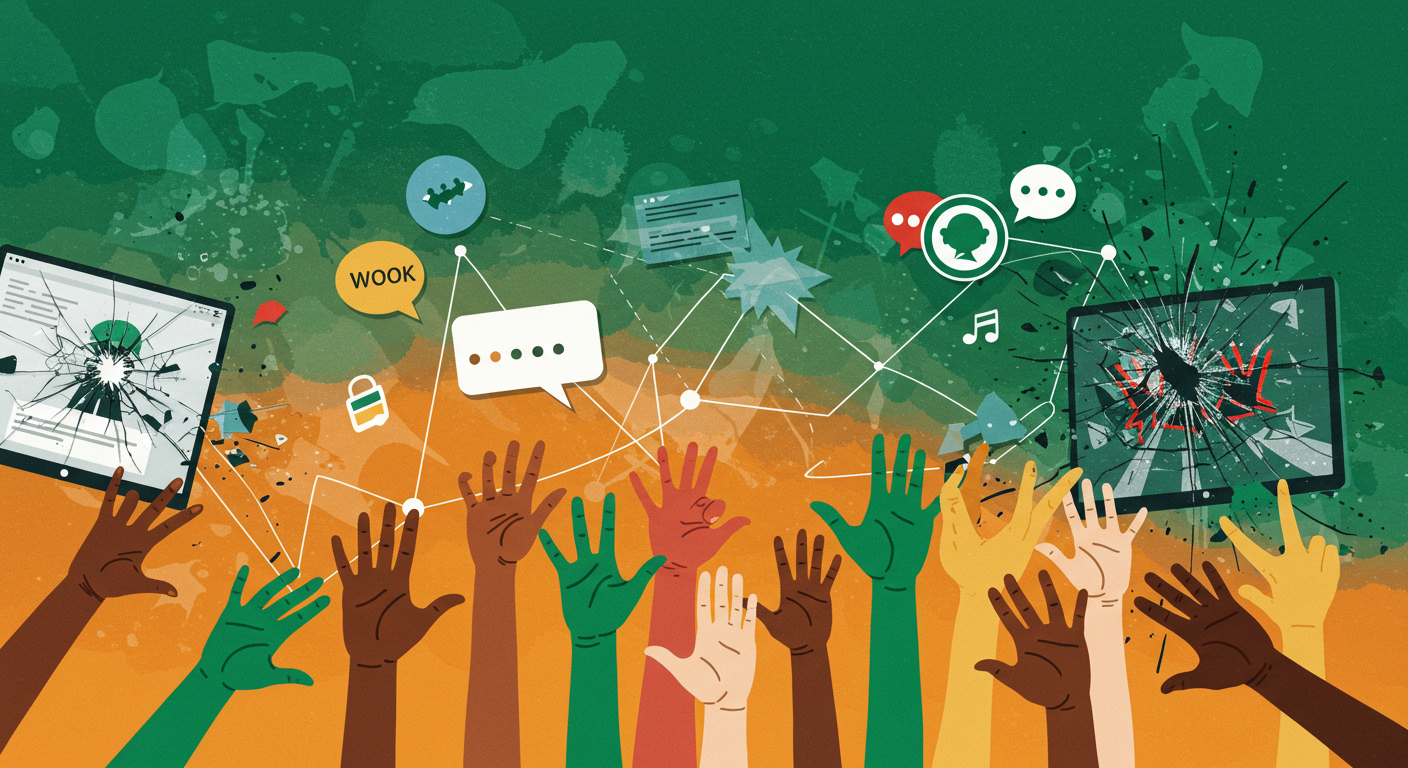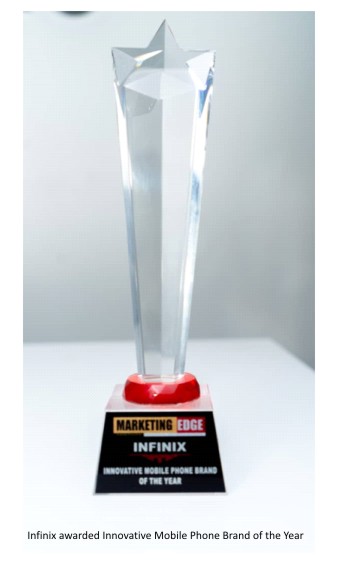The world may have slowed down following the crisis occasioned by COVID-19 pandemic, but marketing has definitely not. Instead, brands have amplified their marketing efforts through digital, thereby increasing the need for celebrities and influencers to help create considerable awareness.
According to Charles Atkin and Martin Block in their seminal work, “Effectiveness of Celebrity Endorsers” (Journal of Advertising Research 1983), celebrity endorsements are a popular way for marketers to promote their brands, products, and services. By transferring the positive image and characteristics of a celebrity onto the brand, marketers aim to trigger consumers’ intent to purchase or use the endorsed product or service.
However, despite the effectiveness of celebrity endorsement, only a few celebrities are squeaky clean. From salacious stories to rape to drug to stealing and fisticuffs, research has shown that firms tend to suffer financially when a celebrity endorser becomes mired in scandal. But how companies react when an endorser is caught up in a scandal determines the success or failure of their brands. Companies that engage with a situation and handle it well don’t just curtail the bleeding; they come out ahead.
Recently, one of Africa’s A-list celebrities publicly confessed and apologized to her teeming fans following the release of her sex tape, which she hinted in an interview that it was being used to blackmail her. Meanwhile, no official statement has been issued by any of the brands she endorses in or outside Nigeria.
This evokes a fundamental question: How much do Nigerian brands worry about endorser scandals? Understandably, established brands tend to evaluate a crisis by seeking advice from the marketing team, ad agencies, insurance carriers, and lawyers before taking a decision on an endorser – to avoid a rush to judgment.
Before now, A-list celebrities had an aura of invincibility. Social media has changed things pretty quickly? It makes bad news travel more quickly. Consequently, advertisers look differently at the endorsement genre. Morals clauses for new endorsers have gone from being very general, if they existed at all, to being highly detailed.
Although different events affect brands differently, marketers now perform much more due diligence when selecting celebrities, to minimize the risk of crisis. An extramarital affair might not be as damaging as a criminal offense. In fact, some brands such as Nike are known for hiring controversial celebrities, and when something happens with one, it’s much more patient, while others are much more likely to cut and run. For example, after a photo of the swimmer Michael Phelps smoking marijuana went viral, Visa publicly supported him, Kellogg let his contract expire, and some other companies stayed silent.
In all, the best approach is to invest in the selection process of a celebrity or influencer and then draw up a contract with a very strong morals clause and the ability to exit quickly if necessary.






Comment
No comments found.